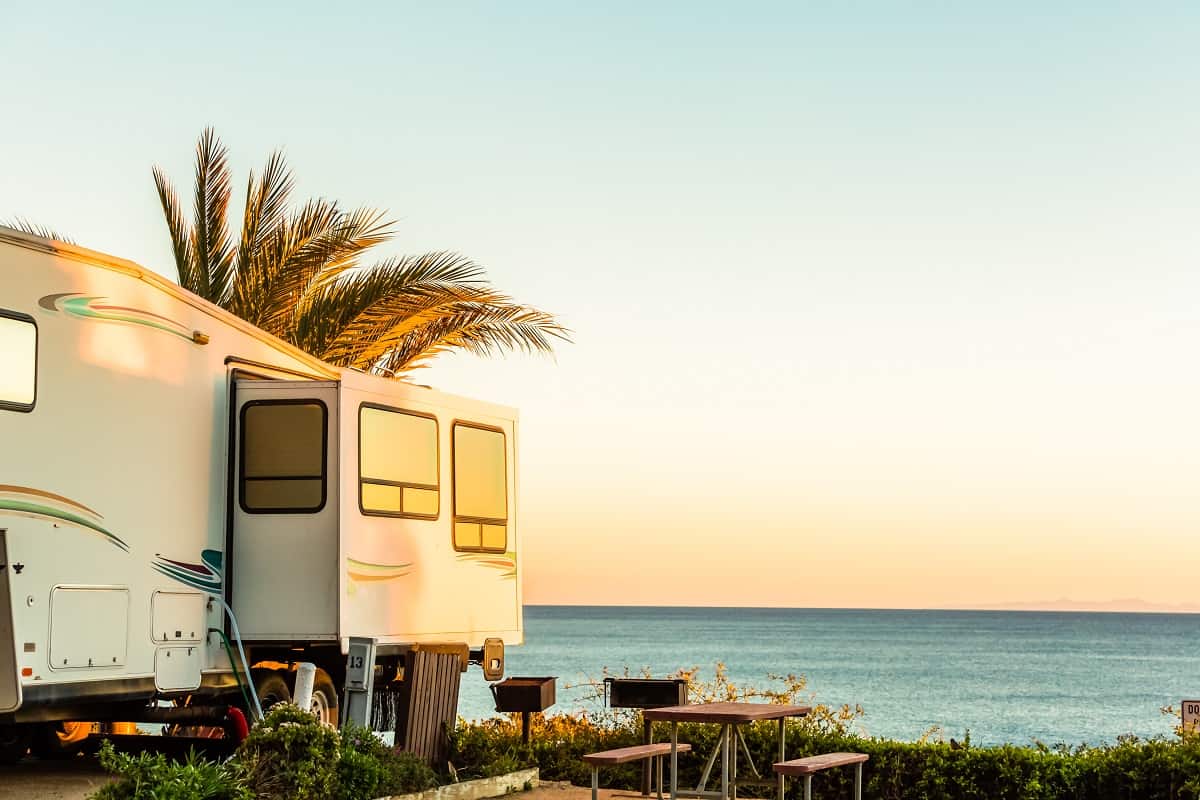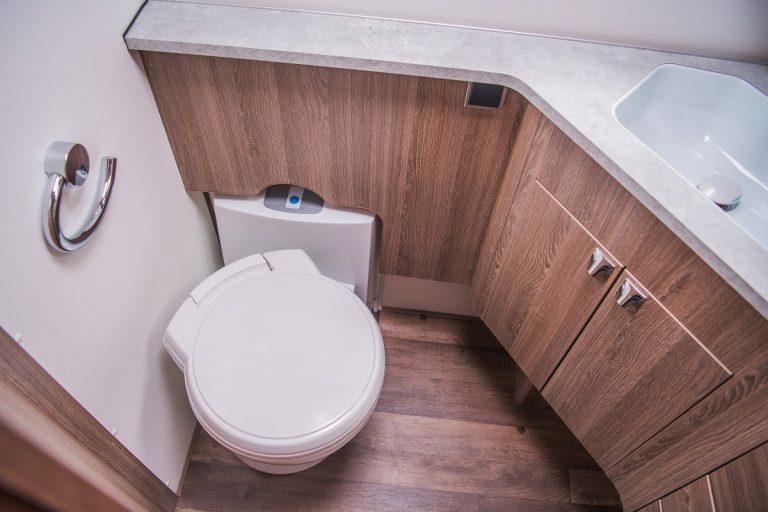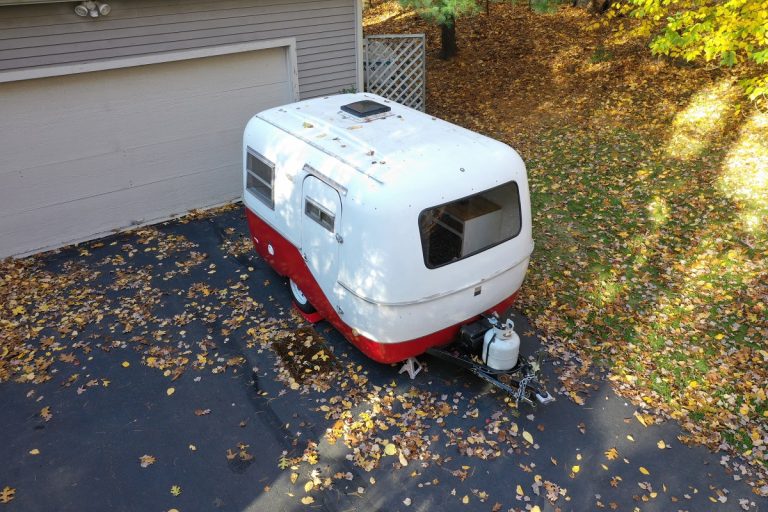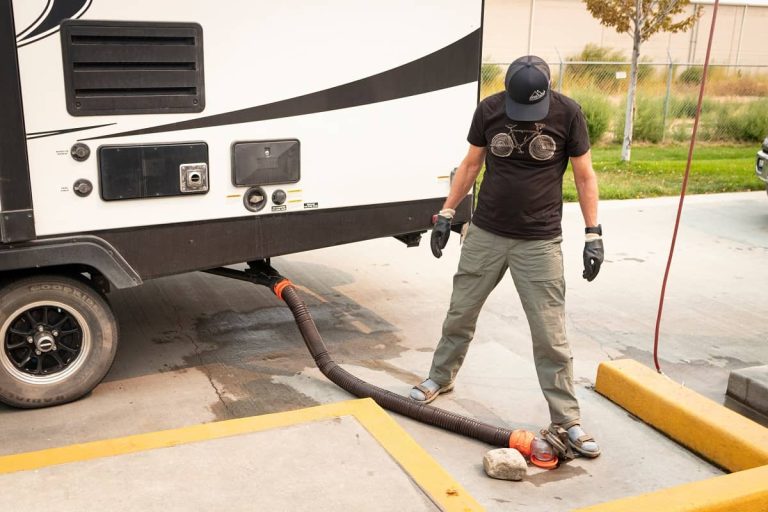Is It Legal To Live In An Rv In California?
As the average cost of living in California is incredibly high at $46,636 per year, many people are turning to the idea of living in an RV. However, California—along with New York and Wyoming—is generally considered an unfriendly location for an RV due to its high gas prices and restrictions of driving on roads if an RV is larger than 40 feet long.
But is it legal? Confusingly it is both legal and illegal to live in an RV in the state of California. Generally speaking, living in an RV full-time is illegal. This is mainly due to the fact that it’s considered a vehicle and therefore, can’t be a permanent legal residency. However, there are several options to navigate around the legality issue, such as long-term RV parks and campsites, to embrace the freedom of life in your mobile home.
Keep reading for all you need to know about buying an RV, the laws surrounding it in California and ways around them.
Why it’s a good idea
As the overall cost of living in an RV is cheaper than rent for even the smallest apartment in Californian cities, choosing to live in an RV is an economical solution for those who would like to spend their money elsewhere. Both affordable and comfortable, living in an RV is also excellent for nature lovers and travel enthusiasts, allowing you the versatility to move freely from one location to another whenever you like.
Buying an RV
If you’re considering switching to the RV life in California, there are some costs you will need to take into account, such as the type of RV:
Class A motorhome
The biggest type of RV, seating 8 – 12 people complete with a full bathroom, kitchen, living quarters and potentially other amenities such as a washing machine or an entertainment system. The cost to buy this grand motorhome ranges from $100,000 to $500,000 and over.
Class B
A class B on the other hand, often referred to as a camper van, comes in slightly cheaper at $80,000 to $150,000. Including a shower, toilet and fridge, the compact class B is much easier to drive than its gigantic cousins.
Class C
A class C can range from $60,000 to $110,000. Complete with living space, convertible tables and couches/beds, the class C is extremely similar to the class A in many ways, except for its more modest size which is reflected in the price.
A fifth-wheel or travel trailer
Costing a fraction of the price of a class A motorhome, a travel trailer or fifth wheeler is fully detachable, meaning you can keep your regular vehicle for quick trips. This budget option, while still maintaining basic home luxuries such as bedrooms and slide outs, ranges from $50,000 to $150,000.
In addition to purchasing your RV, there are also other costs to consider, such as fuel consumption; 20 to 30 litres per 60 miles for most gasoline vehicles, and insurance; which can range from $600 to $1,500 per year.
The law, residency, and children
According to the California Department of Motor Vehicles (DMV), most cities do not allow for overnight parking, you cannot triple tow, towing speed is limited for 55mph, and motor homes are limited for 40 feet in length.
You also cannot register your trailer as a permanent legal residency—you must have an official address. It is, however, legal to live with your child in a RV in California, as long as the motorhome is a safe environment. The law states that each child must have a separate space to sleep, each child must have a seatbelt, children must have access to essential facilities and amenities, and as with any living situation, your child must have access to a doctor and be registered at a school or as being home-schooled.
Parking
The main element to overcome when living in your RV is parking. Due to the size of your RV, finding a space can be challenging and most HOAs do not allow the vehicle to be parked on a driveway or in your backyard for more than two days. Similarly, campsites will only allow you to park your RV for a maximum of 11 consecutive months.
In California, it is also prohibited to sleep in your RV whilst wild camping. You must book a space at an authorized location, or else you risk receiving a hefty fine if caught.
However, rules can vary depending on which Californian city you live in. For example, Los Angeles has its own restrictive set of RV parking rules. It is therefore important to research the city in which you live to ensure that you are fully caught up on the rules and regulations surrounding RVs in your area.
Campsites
As most campsites will only allow you to park your RV for a maximum of 11 consecutive months, many people have discovered simple ways to ensure that they can live in an RV park all year round.
Changing the name of the contracts
The easiest method to ensure you can live in an RV park all year round is simply by changing the name of the rental contract every six months. You will, however, still need to be registered with a home address outside of the campsite.
Private campsites
Alternatively, you can choose to live on a private campsite. For the payment of an annual fee that includes taxes and general expenses, members can enjoy the facilities and amenities of a private campsite. Be sure to note that electricity and gas are charged according to meter consumption.
Multiple campsites
Another option is to live in various campsites throughout the year. You have the ability to travel in your home, taking your possessions with you, so why not? BLM (Bureau of Land Management) Land allows you utilize your ability to travel the beautiful scenery of California. There is typically a two-week limit, after which, you will need to move 10-20 miles away to a new campsite. At only a few dollars per day, this is a cheap way to embrace your freedom of living in an RV.






